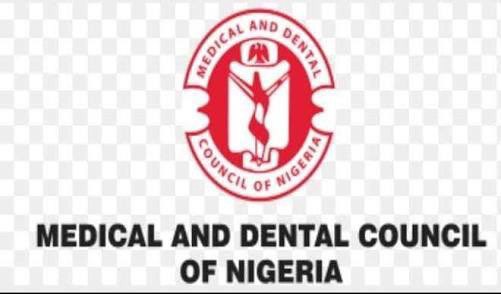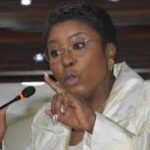The Medical and Dental Council of Nigeria (MDCN), has enjoined foreign trained medical doctors to ensure quality service delivery and avoid professional misconduct.
The registrar of the council, Dr Tajudeen Sanusi, gave the advice during the induction ceremony of 416 graduates of medicine and dentistry from foreign institutions at the council’s headquarters in Abuja.
The inductees included 403 medical doctors and 13 dentists who were successful at the MDCN assessment examination held at the Aminu Kano Teaching Hospital (AKTH), Kano at the end of last year.
Dr. Sanusi, said there were more females among the inductees, noting that it was a good development because the medical profession requires empathy.
NIGERIA DAILY: Why Bauchi Sugarcane Sellers Move With Brooms
How to keep Lassa fever at bay
He said the federal government directed the centralization of housemanship a few years ago because of the hardships suffered by young doctors due to limited spaces.
He said with the centralization, young doctors no longer roamed the streets or waited for three to four years to do housemanship as was the case before.
However, he added that there is currently no space available for housemanship in Abuja, assuring that the federal government was working to increase the housemanship carrying capacity.
He said house officers were not members of the Association of Resident Doctors (ARD) and warned the inductees against participating in industrial actions during their housemanship as it could lead to interruption of their postings.
Dr Sanusi said there is an enrollment exercise currently for those who did not finish their medical programme in Ukraine due to the war, adding that, “we have made arrangements to accommodate them, so they can be properly trained to sit for the exam.”
The Special Adviser to the President on Health, Dr Salma Anas-Ibrahim, commended the council for its firmness in upholding the standards of quality education in the country.
She enjoined the inductees to remain in the country and practice, instead of resorting to the ‘japa syndrome’ so as to help Nigeria achieve universal health coverage (UHC) and access to uality health service.
The President of the Nigeria Dental Association, Dr Adeyemi Tope Emmanuel, said the association was happy to have more dentists coming into the profession because the country currently has one dentist to 55,000 patients ratio, which is far from the World Health Organization (WHO)’s recommended ratio of one dentist to 7,500 patients.

 Join Daily Trust WhatsApp Community For Quick Access To News and Happenings Around You.
Join Daily Trust WhatsApp Community For Quick Access To News and Happenings Around You.


